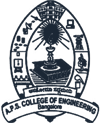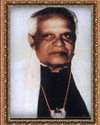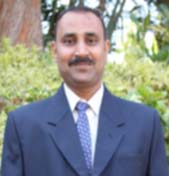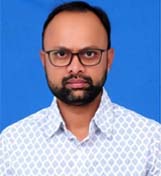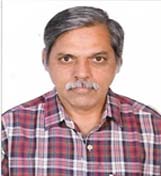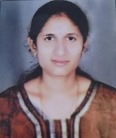
Overview
Electronics and Communication Engineering Department at APSCE was started in 1997 with an intake of 60 for Undergraduate program under Visvesvaraya Technological University (VTU), Belagavi. The VTU curriculum adopts National Educational Policy 2020. The Department has state of the art laboratories to support beyond VTU curriculum also. The department is headed by Dr. Prakash Jadhav and encourages the holistic development of the students through well qualified and experienced faculty members along with mentorship.
VISION
"To impart value-based quality technical education in Electronics and Communication Engineering by empowering the students with research and teamwork capabilities and making them to work for Global needs"
MISSION
M1: To provide superior learning experience with state of art laboratories, competent staff and industry driven skill development thereby improving employability with agility
M2: To keep abreast with latest technological advancements through innovations and research work, nurture entrepreneurial and leadership skills
M3: To inculcate professional ethics and responsible engineering practices to meet societal needs
Program Specific Outcomes (PSO)
At the end of the program, the graduate will be able to :
- PSO 1: Understand the concepts of Electronics & Communication engineering and
their applications in the field of semiconductor technology, consumer electronics,
embedded system, communication/ networking and other relevant areas.
- PSO 2: Apply technical knowledge and usage of modern hardware & software
tools related to Electronics & Communication engineering for solving real world
problems.
- PSO 3: Analyze, comprehend, design & develop electronic subsystems/ systems
for a variety of engineering applications and thus demonstrate professional ethics &
concern for societal well being.
Program Educational Objectives (PEOs)
The Bachelor of Engineering (B.E.) specialized in Electronics and Communication Engineering is designed to achieve the following objectives after four to five years of graduation. They will be able to :
- PEO 1: Recognize, synthesize and apply the acquired knowledge in basic sciences
and mathematics in solving Electronics and Communication Engineering problems.
- PEO 2: Design and implement analog and digital electronic circuits for modern
communication systems with given specifications.
- PEO 3: Communicate effectively, inculcate the habit of team work, demonstrate
leadership qualities and exhibit professional conduct in their career.
- PEO 4: Involve in life-long self-learning, career enhancement and adapt to changing
multi disciplinary professional and societal needs.
Objectives
- To create vibrant ecosystem for better learning experience with modern infrastructure and skilled staff
- To establish student centric academic environment with flexibility to learn recent technologies
- To nurture talents through co-curricular and extra-curricular activities
Program Specific Outcomes (PSO)
At the end of the program, the graduate will be able to :
- PSO 1: Understand the concepts of Electronics & Communication engineering and
their applications in the field of semiconductor technology, consumer electronics,
embedded system, communication/ networking and other relevant areas.
- PSO 2: Apply technical knowledge and usage of modern hardware & software
tools related to Electronics & Communication engineering for solving real world
problems.
- PSO 3: Analyze, comprehend, design & develop electronic subsystems/ systems
for a variety of engineering applications and thus demonstrate professional ethics &
concern for societal well being.
Program Educational Objectives (PEOs)
The Bachelor of Engineering (B.E.) specialized in Electronics and Communication Engineering is designed to achieve the following objectives after four to five years of graduation. They will be able to :
- PEO 1: Recognize, synthesize and apply the acquired knowledge in basic sciences
and mathematics in solving Electronics and Communication Engineering problems.
- PEO 2: Design and implement analog and digital electronic circuits for modern
communication systems with given specifications.
- PEO 3: Communicate effectively, inculcate the habit of team work, demonstrate
leadership qualities and exhibit professional conduct in their career.
- PEO 4: Involve in life-long self-learning, career enhancement and adapt to changing
multi disciplinary professional and societal needs.
Vision/Mission
VISION
"To impart value-based quality technical education in Electronics and Communication Engineering by empowering the students with research and teamwork capabilities and making them to work for Global needs"
MISSION
M1: To provide superior learning experience with state of art laboratories, competent staff and industry driven skill development thereby improving employability with agility
M2: To keep abreast with latest technological advancements through innovations and research work, nurture entrepreneurial and leadership skills
M3: To inculcate professional ethics and responsible engineering practices to meet societal needs
Teaching Faculty
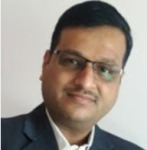
Dr. Amaresh P Kandagal
Adjunt Faculty
B.E, M.Tech, Ph.D
Technical & Supporting Staff

Mr. Vijay Vittala
Foreman

Mrs. Mamata Dixit
Instructor

Mr. Sreenath J
Instructor
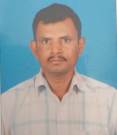
Mr. Eregowda R
Attender
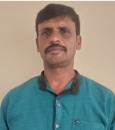
Mr. Jagadish N
Attender
Scheme and Syllabus
Scheme of Teaching and Examinations 2021. Outcome Based Education (OBE) and Choice Based Credit System (CBCS).
2022 Scheme and Syllabus
2021 Scheme and Syllabus
Scheme of 3rd to 8th Semester Syllabus of 3rd to 8th SemesterValue Added Courses
1) The department has been recognized as the nodal centre for ISRO-IIRS outreach programmes.
2) MOOC - SWAYAM, NPTEL Courses
Laboratory
Analog and Digital Electronics Lab
Communication Lab
VLSI Lab / HDL Lab
Digital Signal Processing Lab
Embedded Controller Lab
Communication and Network Lab
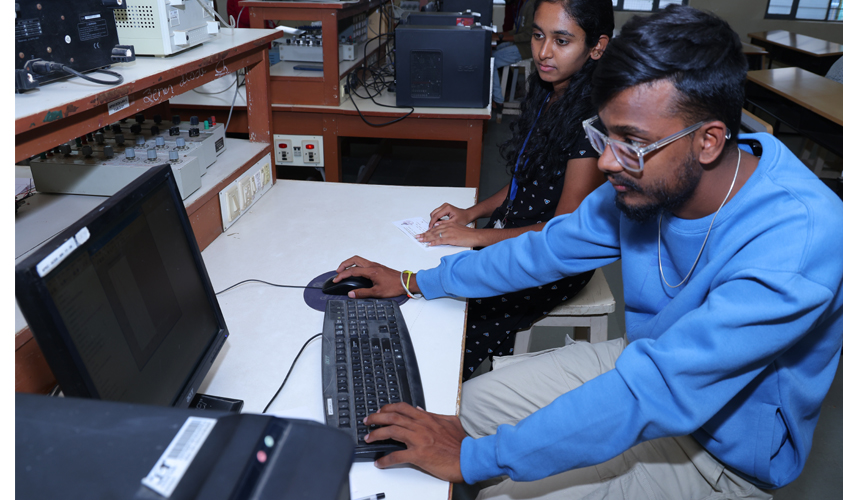
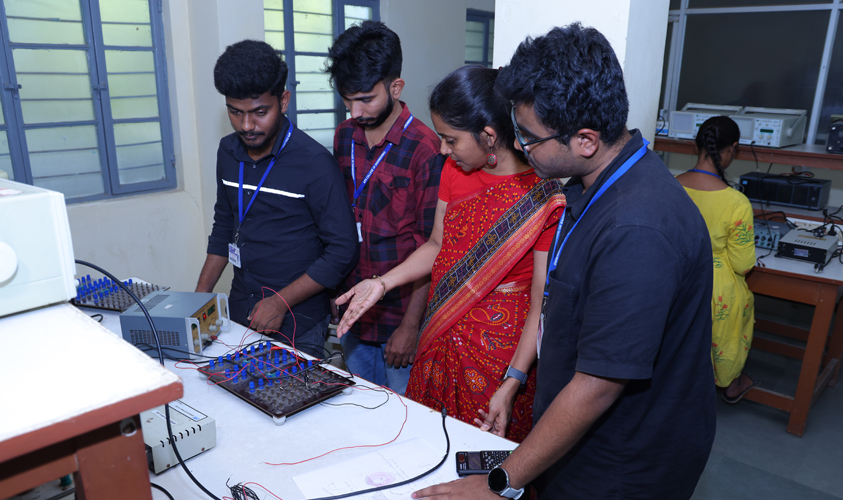
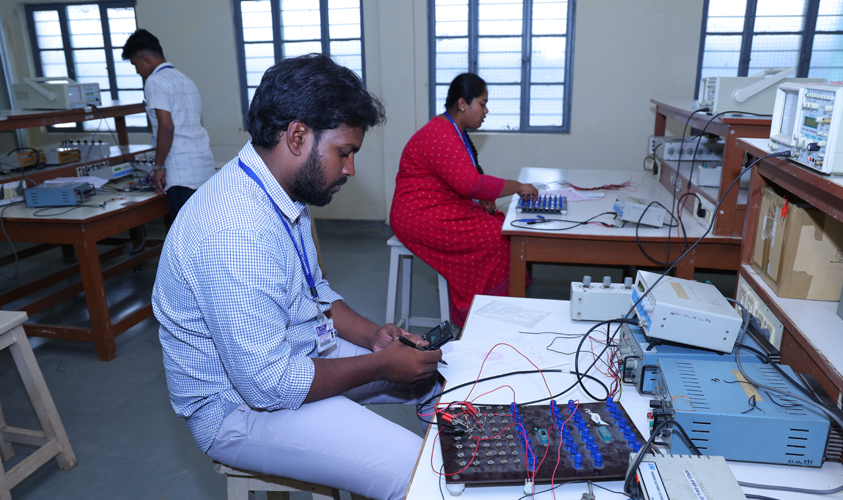
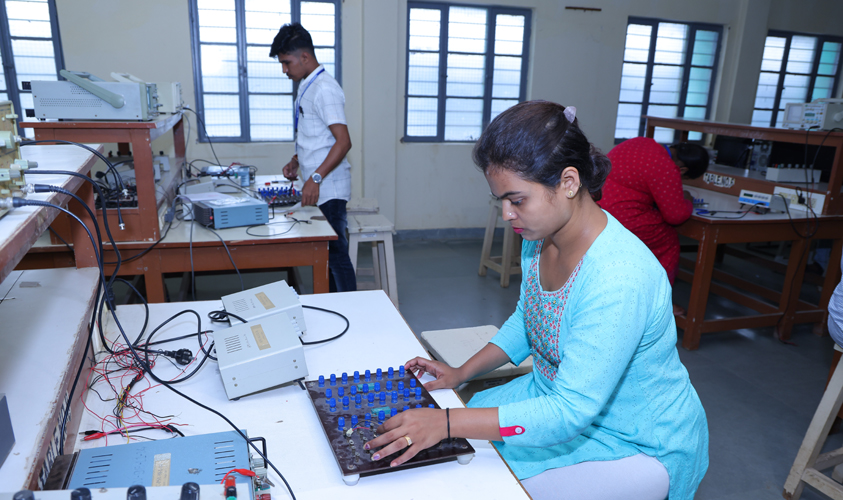
MOUs
The Department has successfully entered into an MOU with the listed companies for the benefit of the students
| S.No | List of the Companies |
| 1. | Nextica Technology Private Limited |
| 2. | Circuit Systems |
| 3. | Maven Silicon Softech Private Limited |
| 4. | Addere Creations |
| 5. | ETech Prowess Pvt. Ltd |
Projects/Funds and Grants
The Final year students were successful in getting their projects funded by KSCST and VTU under the able guidance of the faculties and the HOD

Course Materials
| Course Materials | Additional Resources (NPTEL Videos) |
|---|---|
| 1) Technological Innovation Management and Entrepreneurship(21EC61) | Digital Signal Processing Lecture 01 Lecture 02 Lecture 03 Lecture 04 Lecture 05 Lecture 06 Lecture 07 Lecture 08 |
| 2) Computer Communication Networks(21EC73) | VLSI circuits Lecture 01 Lecture 02 Lecture 03 Lecture 04 Lecture 05 Lecture 06 Lecture 07 Lecture 08 |
| 3) Introduction to ARM | |
| 4) E-waste management- 21EC755 | 5) Digital Image Processing(21EC732) | 6) Data_Security (BEC613B) |
Activities/FDPs/Workshops/Talks
